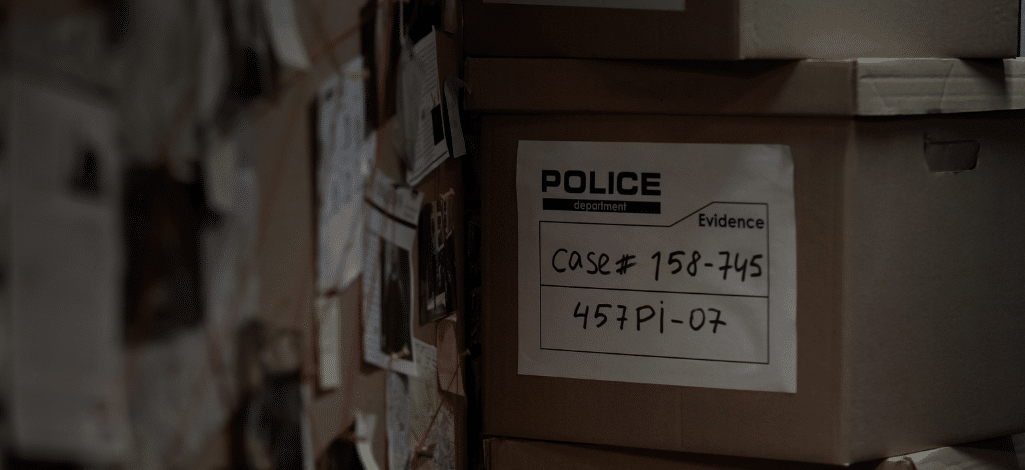In R. v. Konashewych, 2023 ONSC 3948, Mr. Robert Konashewych (“Mr. RK”), a police officer, made an application alleging that the Ontario police breached his section 7 and 8 rights during the course of their investigation by taking possession and making use of a copy of a letter that was presumptively subject to solicitor-client privilege. The letter in question was obtained by and provided to the police by Mr. RK’s former spouse.
Mr. RK was accused of defrauding the Estate of Heinz Sommerfeld by forging a fake will naming him as Mr. Sommerfeld’s sole beneficiary in 2020. In 2017, Mr. Sommerfeld passed away at 78 years old, never married with no children. The last nine years of his life were spent in long-term care homes suffering from advanced dementia. His only surviving relatives were his younger brother, Mr. Peter Stelter, and Mr. Stelter’s adult children whom he had a relationship with prior to the onset of dementia.
Ms. Adellene Balgobin (“Ms. AB”), who was not a party to the Charter application, was a Senior Client Representative with the Office of the Public Guardian and Trustee who was in a romantic relationship with Mr. RK until the time of their arrests. Ms. AB was entrusted with Mr. Sommerfeld’s file with the PGT.
In the course of their separation, Mr. RK’s former spouse, Ms. CD, inadvertently opened a letter directed to the Estate of Mr. Sommerfeld c/o Mr. RK seeking outstanding fees. Mr. RK had moved out several months prior. A month later, a demand was made for the return of the privileged documents in the envelope they had come in. Ms. CD ultimately met with the Toronto Police Service and provided a “binder full” of documents, including the documents her lawyers had obtained from the court file regarding the Estate of Mr. Sommerfeld.
Section 7 Argument
A solicitor’s account is presumptively privileged following the Supreme Court’s decision in Maranda v. Richer¹. The court found that the privilege holders – the Estate and its appointed Executor, never gave any form of consent to disclose the correspondence, and that both detectives had enough before them (given the content of the letter and Ms. CD’s statement regarding her inadvertently opening the letter) to know there was an issue of solicitor-client privilege by taking the letter into their possession. The Court reasoned that if the two detectives had reflected on the matter for a moment, they would have realized (as they both did when examined) that the prudent course of action would have been to seek advice from Crown counsel as to what steps ought to be taken, as the document was a “red flag that ought to have received more attention than it did.”
The Court found that police inaction following receipt of a document presumptively subject to solicitor-client privilege at a point in time where curative actions ought to have been considered to preserve, protect and restore the privilege as far as reasonably practicable amounted to a breach of section 7 of the Charter.
In making this finding, the Court specifically stated that when solicitor-client privilege is in play, the target of a nascent investigation does not necessarily need to be advised of the existence of the investigation before it might otherwise be appropriate to do so.
While a stay of proceedings was sought, the Court opted to make an order that the document could not be used in evidence, restoring the privilege associated with the document to substantially the state it was in immediately before Ms. CD walked into the police station. The Court considered that there was nothing wilful in the failure of the officers to seek advice on what to do with privileged documents, and how it was one letter with no apparent relevance to the investigation that was beginning. The Court commented that proper advance consideration of the privilege issue would have permitted early sealing of the document. While inaction had its consequences, the Court found that nothing in the evolution of the investigation would have changed had the document never been delivered to police.
Section 8 Argument
Mr. RK also alleged that police breached section 8 of the Charter by possessing two letters mailed to him and greeting cards addressed to him but removed by his former spouse from a shared storage locker. These documents, some of which were not protected by privilege, were also given to police by Ms. CD.
For section 8 to be engaged, the reception of documents brought to police by Ms. CD must reasonably be capable of being described as a “search” or “seizure”. As a private actor, Ms. CD approached police on her own accord and was not acting as an agent of the state in any way at the time she obtained them.
The Court stated that no definition of “search” or “seizure” encompasses police reception of documents voluntarily brought to police, regardless of the circumstances in which the private person came into their possession, at least where those circumstances did not include acting at the direction of or as an agent of the state.
The Court also considered R v. Amdurski², among others, where the Court ruled that no warrant was required to receive or search a phone that was voluntarily provided to police by the owner to review messages from the accused. In the result, the Court found that section 8 was inapplicable in the circumstances, and that police were entitled to receive and review the “fruits of the private investigation undertaken by Ms. CD and her counsel without a warrant.”
Conclusion
Ultimately, in R. v. Konashewych 2023 ONSC 6743, Mr. RK and Ms. AB were sentenced to seven years for fraud. Orders were made forfeiting all of the monies gained.
This decision further confirms that private actors voluntarily providing materials to police does not constitute a search and seizure and section 8 does not apply in such circumstances.
Although the section 7 breach in this case did not have a major impact on the prosecution, this decision also serves as a reminder that police must take immediate action to seek further legal advice following the receipt of presumptively privileged materials.
If you require additional information or further assistance, please contact David McKnight and Naomi Krueger.
¹ 2003 SCC 67
² 2022 ONSC 1338





